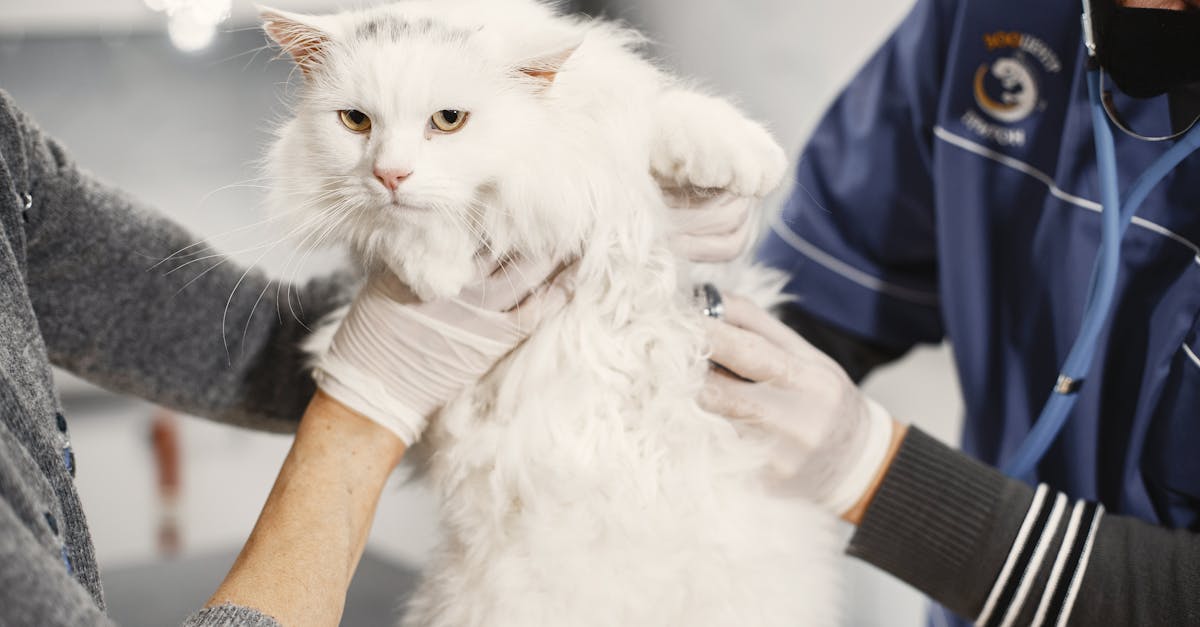Have you ever wondered why your dog seems to sleep so much? Whether they're curling up on the couch mid-morning or snoozing at your feet in the afternoon, it might seem like your furry friend spends more time napping than anything else. While it’s true that dogs naturally sleep more than humans, excessive sleep can leave pet owners questioning: is this normal, or could it signal a health issue?
🧠 Why This Happens
Dogs, like humans, have unique sleep needs based on their biology, age, and lifestyle. On average, most adult dogs sleep between 12–14 hours a day. Puppies and senior dogs may require even more rest, sometimes clocking in 18–20 hours daily.
This need for extended sleep stems from their ancestry. Wild dogs and wolves needed rest to conserve energy for hunting and survival. Even though your dog likely isn’t chasing prey, their instincts remain. Additionally, dogs have shorter sleep cycles compared to humans, meaning they need more frequent naps to feel fully rested.
Factors that influence your dog’s sleep patterns include:
- Age: Puppies and older dogs typically sleep more.
- Breed: Larger breeds like Great Danes or Mastiffs tend to be more sedentary and need more sleep.
- Activity Level: Active dogs may rest more to recover from physical exertion.
- Environment: A safe, quiet, and comfortable home encourages longer naps.
❗ How to Help
While some napping is entirely normal, it’s essential to know when your dog’s sleep habits might require attention. If your dog is sleeping more than usual, it could be a sign of boredom, underlying health issues, or even stress. Here are some ways you can support healthy sleep habits:
- Provide mental stimulation: Dogs can sleep out of boredom. Incorporate puzzle toys, training sessions, or interactive play to keep their minds engaged.
- Offer physical exercise: Regular walks, playtime, or dog sports can help your pet burn off energy and sleep better at night.
- Maintain a consistent schedule: Dogs thrive on routine. Feeding, walking, and bedtime schedules can help regulate their sleep-wake cycle.
- Create a cozy sleep space: Ensure your dog has a quiet, comfortable area to rest without frequent disturbances.
✅ Behavioural Solutions
If your dog’s sleep habits seem off, pay attention to their overall behaviour. Look for changes such as:
- Increased lethargy or reluctance to get up
- Difficulty settling down to sleep
- Whining or pacing at night
- Changes in appetite or mood
If you notice any of these signs, it could indicate an underlying problem. For example, lethargy combined with increased sleep may point to hypothyroidism, while nighttime restlessness could suggest anxiety or discomfort. Keeping track of these changes can help your vet diagnose and treat any potential issues.
💡 When to Get Support
So, how do you know when your dog’s sleep habits are no longer normal? Excessive sleep paired with other symptoms, such as weight loss, vomiting, or difficulty moving, warrants a trip to the vet. Common medical causes of increased sleep include:
- Hypothyroidism: A condition that slows metabolism, causing fatigue and weight gain.
- Arthritis or pain: Discomfort can make dogs less active and more prone to rest.
- Infections: Illnesses like kennel cough or urinary tract infections can drain your dog’s energy.
- Chronic conditions: Diseases like diabetes or heart issues can also contribute to increased sleepiness.
If you’re concerned, don’t hesitate to consult a veterinarian. A quick online vet consultation through Dial A Vet can provide peace of mind and guidance tailored to your dog’s needs.
FAQs
Q: Is it normal for my dog to sleep all day?
A: It depends on your dog’s age, breed, and activity level. While most dogs sleep 12–14 hours daily, puppies and seniors may need more. If your dog seems unusually lethargic, it’s worth consulting a vet.
Q: How can I tell if my dog’s sleep habits are a problem?
A: Watch for other symptoms like changes in appetite, mood, or mobility. If your dog is excessively tired and showing additional signs of illness, a vet check is recommended.
Book a $49 online vet consultation at https://www.dialavet.com for fast, expert advice.























